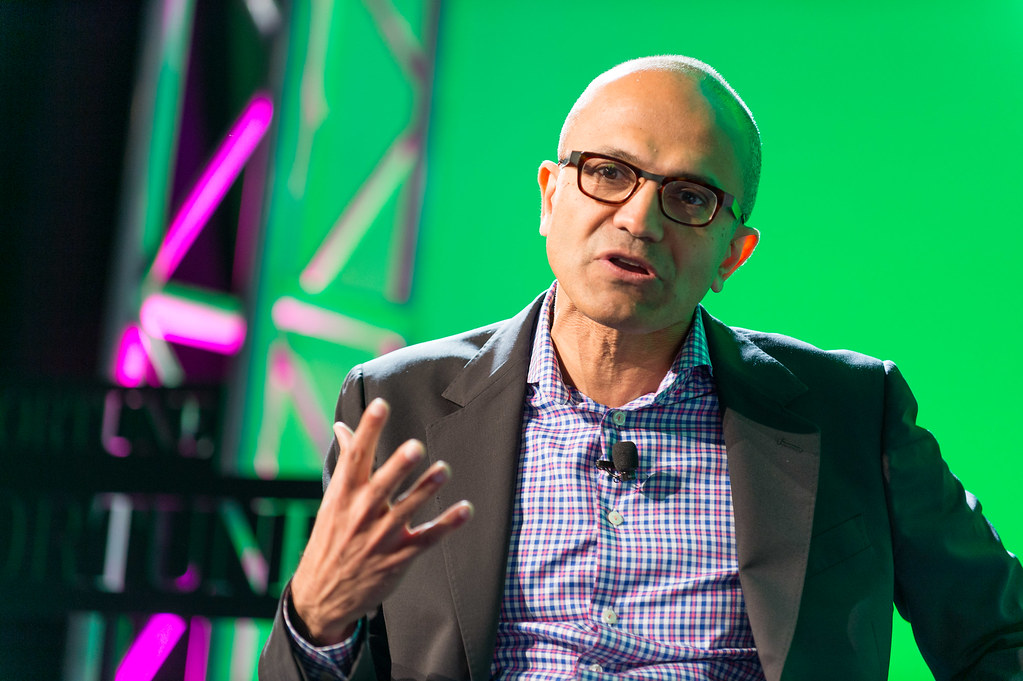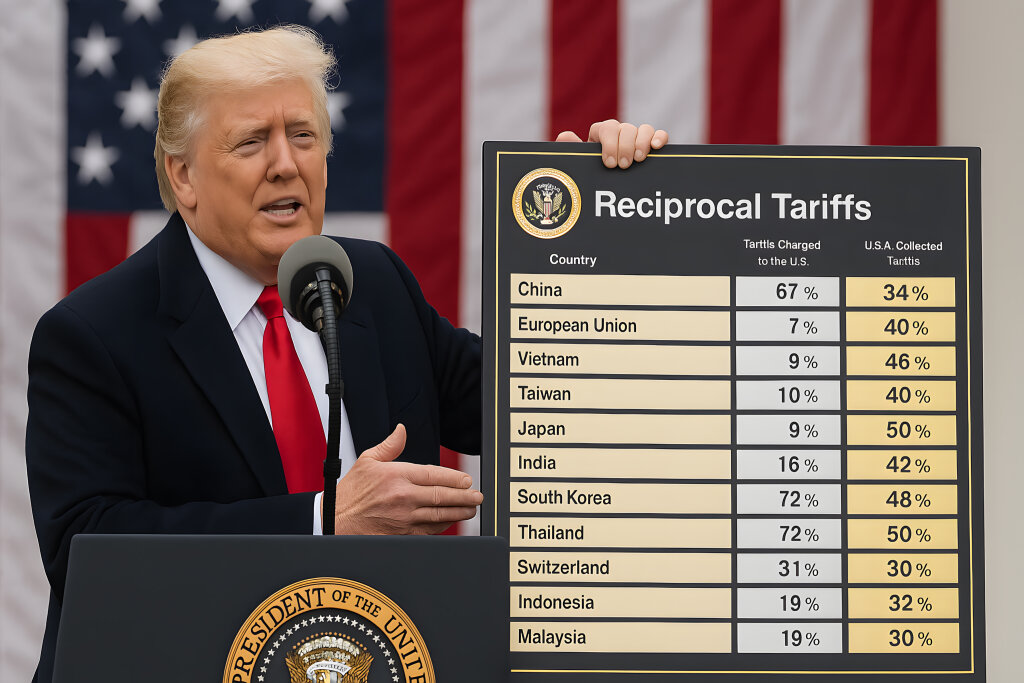Pavel Durov, the founder of the encrypted messaging app Telegram, envisions the emergence of secure communication devices inspired by cryptocurrency hardware wallets as a response to increasing government surveillance. In an interview with Tucker Carlson on April 17, Durov discussed the trajectory of global privacy concerns and how they might spur technological innovation in secure communications.
Government Surveillance and Privacy Concerns
Durov’s perspective on privacy is shaped by his past experiences and observations of governmental trends toward increased surveillance. He noted a global shift towards less privacy, driven by governments leveraging technological advancements to monitor their citizens more closely.
- Surveillance Trends: Increasing government surveillance worldwide.
- Response to Surveillance: Potential for new technologies to enhance private communication.
Drawing parallels to how cryptocurrency users utilize hardware wallets to secure their assets, Durov suggests a similar path could be developed for communication technologies. These devices would be dedicated to protecting the privacy of communications, countering the pervasive surveillance techniques employed by governments.
- Inspiration from Crypto: Use of hardware wallets as a model for secure communication devices.
- Protection Mechanisms: Devices designed to safeguard personal communications from unauthorized access.
Challenges and Geopolitical Considerations
Durov highlighted the geopolitical neutrality of the United Arab Emirates (UAE) as a strategic advantage for technology entrepreneurs focused on privacy and anti-surveillance. He views the UAE as an ideal base for operations like Telegram, which prioritizes user privacy and freedom of speech without being influenced by major global powers.
- Location Benefits: UAE’s neutrality supports Telegram’s privacy-focused mission.
- Company Independence: Avoidance of venture capital to maintain control and prevent external influences.
Durov also discussed his financial strategies, mentioning his personal holdings in fiat and Bitcoin, which empower him to independently fund his ventures. This financial independence is crucial for maintaining full ownership and control over Telegram’s direction and operations.
- Self-Funding: Utilizes personal assets to fund projects, ensuring operational independence.
- Past Fundraising: Acknowledges previous fundraising efforts for specific projects, including cryptocurrency initiatives.
Broader Surveillance Concerns
Echoing Durov’s sentiments, American whistleblower Edward Snowden also recently voiced concerns about expanded surveillance powers in the United States. Snowden highlighted impending changes in U.S. surveillance legislation that could significantly broaden the National Security Agency’s (NSA) ability to monitor internet communications.
- Potential NSA Expansion: Changes in legislation could grant the NSA far-reaching surveillance powers.
- Impact on Internet Services: Almost all internet-related service providers might be compelled to assist in NSA surveillance activities.
The conversation with Durov underscores a critical juncture in the intersection of technology, privacy, and government surveillance. As governmental powers expand their surveillance capabilities, the need for robust, secure communication technologies becomes increasingly urgent. The development of crypto-inspired hardware devices for secure communications represents a potential countermeasure to safeguard individual privacy against these invasive trends.









